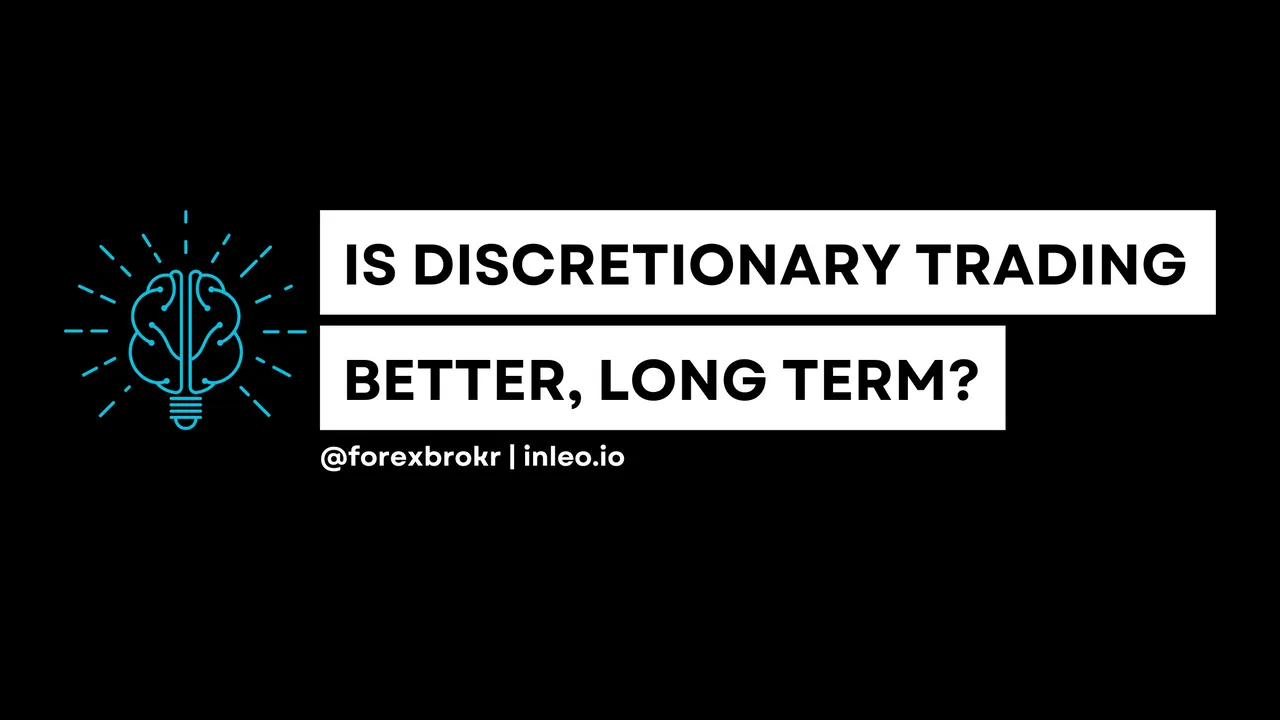
Direct from the desk of Dane Williams.
Yesterday I said that mechanical trading strategies are better than discretionary, with the caveat that they’re much easier for beginners to pick up and run with straight away.
But that’s not to say that discretionary trading doesn’t have its place.
Alongside Master Candles, I also am a huge proponent of this entirely discretionary, simple support and resistance trading strategy.
My take is that while mechanical trading systems are best for new traders, the completely open ended rewards afforded by discretionary forex trading strategies, certainly make them more profitable over the long term.
IF you know what you’re doing.
Now, let me get into some of the main reasons why I believe discretionary trading can be more profitable over the long term.
Once again provided you have the necessary expertise to be able to handle the increased decision making and psychological pressure.
First up, discretionary trading allows you to be completely adaptable to what the market throws at you.
Unlike mechanical systems that follow rigid rules, discretionary trading permits you to adjust your strategy based on current market conditions.
See the most obvious support/resistance zone that will undoubtedly come into play?
Then you don’t have to close your eyes and blindly execute a trade because your mechanical, rules-based system told you to.
You can take advantage of emerging trends, news events or sudden shifts in sentiment.
All of which can save you money, or be highly profitable in their own right when timed correctly.
Moreover, discretionary trading can take full advantage of your experience and intuition.
In my own forex trading career, I appreciate the value of intuition in decision-making.
To me, this means relying on my accumulated knowledge and gut feeling.
When you've been immersed in the forex markets for as long as I have, you start to develop a sense for how each individual currency pair behaves.
This invaluable intuition can again help keep you out of so obviously bad trades when a mechanical system blindly tries to tell you otherwise.
Furthermore, discretionary trading allows for a more nuanced approach to risk management.
While mechanical systems often use fixed position sizes, discretionary traders can adjust position sizes based on your confidence in that particular trade.
This dynamic approach can help protect your capital when you’re not confident and optimise your gains when the market lobs a setup to you that is crying out for a home run to be hit.
However, I must stress that the road to the point where discretionary trading is more profitable, is long and winding.
It demands a deep understanding of the forex market, continuous learning and a disciplined approach.
It's not about making hasty decisions based on emotions but rather utilising your expertise to make calculated judgments.
Here's the catch.
Neither mechanical or discretionary forex trading is for everyone.
Discretionary trading, while potentially more profitable over the long run, demands dedication, continuous learning and the ability to keep your emotions in check.
All traits which mechanical trading strategies, while capped in their earning potential, still help you overcome.
Both have their place.
It’s up to you to figure out which one is best for you at your own particular place in your trading journey.
Best of probabilities to you.